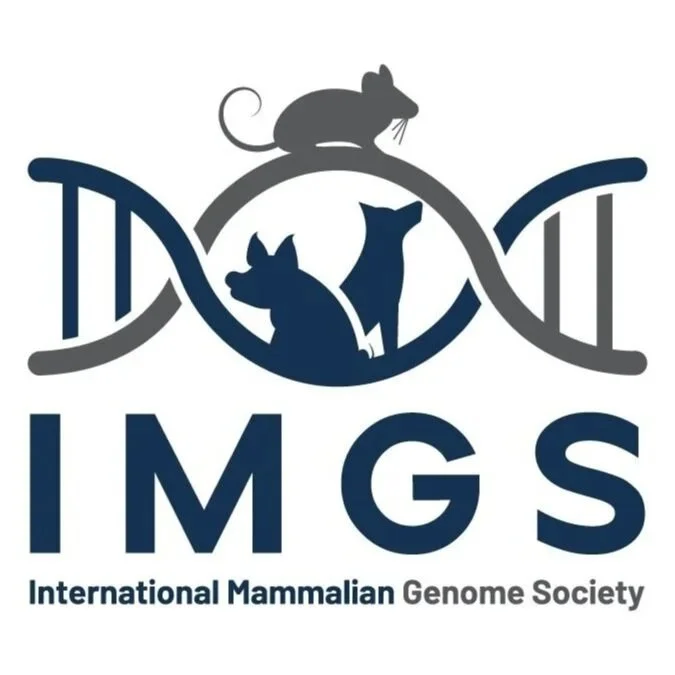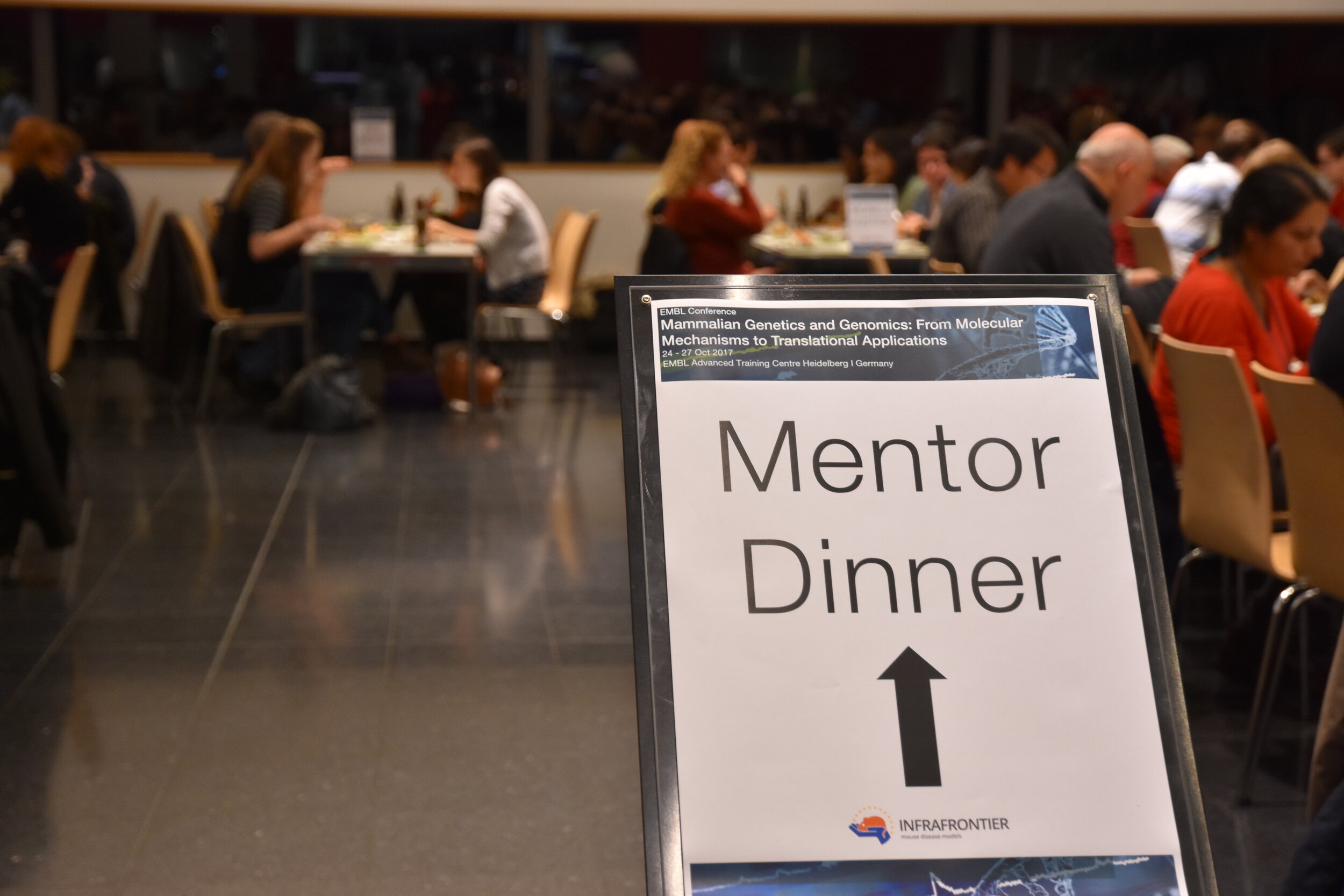
Advancing mammalian genetics together
International Mammalian Genome Society is a global community of scientists that fosters innovation, training, and collaboration in mammalian genetics.

News & Updates
Diversity, Equity & Inclusion
IMGS is committed to eliminate both implicit and explicit biases in scientific research by providing a diverse, inclusive, and safe society. We value diversity and inclusion across identity groups and professional levels. Identity groups include and are not limited to age, appearance, disability, ethnicity, gender identity, gender expression, geographic location, nationality, professional level, race, religion, and sexual orientation. In particular, we are committed to support the career and professional development of diverse trainees and young scientists.
Laboratory Animal Welfare
Achieving the 3Rs (Replace, Reduce, Refine) through responsible work with laboratory animals
The IMGS is an international scientific society whose members generate and use mammalian genetics and genomics to study mammalian biology. As a society, we recognize a need to develop alternative non-animal models, but we also recognize that animal research is essential for fundamental and preclinical discovery to decipher the mechanisms involved in a specific biological process or disease, or to understand the biology of a mammal in its environment.
We understand our members must follow their applicable local and national regulations towards animal research in accordance with the 3Rs principles of humane experimental techniques, animal welfare, and ethical considerations which include, but are not limited to:
1. To avoid performing unnecessary experimental work with animals by conducting a comprehensive review of existing data and literature, available models and alternative experimental approaches before renewing existing, or commencing novel research projects.
2. To train staff in good colony management, the culture of animal care, and on advances in technology to reduce the use of animals and refine experimentation.
3. To treat the animals in their custody with empathy, allow them to acclimatize to the specific experimental setting and handle them with care to minimize fear and distress.
4. To ensure that all interventions will be minimally invasive to reduce trauma, and make effective use of anesthesia and analgesia to minimize pain.
In addition, we urge our members and others working with animals to implement a culture of care and commit to the following principles for animal research:
5. To enhance transparency and openness on animal research.
6. To make new models available to the scientific community to avoid duplication of existing resources.
7. To share protocols, experimental designs, and raw data to promote best practices and improve the reproducibility of studies.
These main recommendations are shared with other scientific societies (https://www.transtechsociety.org/) and should allow both high-quality research and humane animal care and use.


